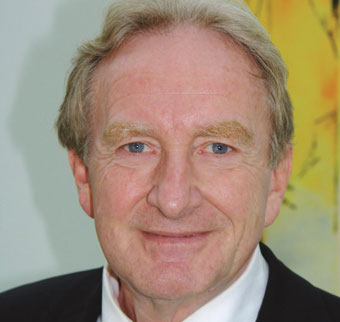European body makes stand against dental tourism
CED emphasises the importnace of continuity of care
A European body representing over 320,000 dentists from 30 countries across the continent has highlighted the dangers of dental tourism.
The Council of European Dentists (CED), a not-for-profit association based in Brussels, has emphasised the importance of continuity of care and of a strong dentist-patient relationship.
In a position paper on an EU directive on cross-border healthcare, the CED President Dr Wolfgang Doneus stated: “Dental treatment often requires a series of visits to the dentist to properly plan and carry out the treatment, and to provide post-treatment care. Where patients spend only a short time in the vicinity of the dentist – as is often the case where patients receive care abroad – the overall quality of the health service is difficult to ensure. The CED therefore does not believe that patient mobility in the area of dental care should be actively promoted.”
The Irish Dental Association (IDA) has put its weight behind the paper indicating that it reflected the main concerns of Irish practitioners. Earlier this year an IDA survey found that up to 6,000 Irish patients a year are receiving corrective treatment following dental treatment abroad. Three quarters of dentists surveyed said they had provided such remedial treatment.
Dr Tom Feeney, IDA representative on the CED, said: “The experience of Irish people abroad is not unique. What often appears to be too good a deal to be true, often is just that. The CED is placing the emphasis on the patient/dentist relationship. This is vital for planning the treatment properly, receiving the treatment in an appropriate timeframe and for post- treatment care. We would fully endorse the CED’s position.”
The CED is composed of national dental associations and chambers from 30 European countries. It’s key objectives are to promote high standards of oral healthcare and effective patient-safety centred professional practice across Europe, including through regular contacts with other European organisations and the EU institutions.
For more information on the CED, visit http://www.eudental.eu
